By KEN RITTER – Associated Press
LAS VEGAS (AP) – Both sides in a battle over a ballot measure to tighten gun background checks in Nevada say too many criminals have weapons.
They disagree as they attempt to sway voters ahead of the Nov. 8 vote on whether a proposed state law would do anything to keep guns out of the hands of those who already are barred from having them.
“We agree that gang members or anybody else that really wants to get a gun are probably going to get a gun,” said Steve Wolfson, the district attorney in Las Vegas and the highest-profile elected law enforcement official in Nevada to publicly support the measure.
A yes vote on the initiative, Question 1 on the ballot, would require background checks through a licensed gun dealer when most firearms change hands. Exceptions would be made for giving guns to immediate family members, temporary transfers of a weapon while hunting or target shooting, and for immediate self-defense.
Gov. Brian Sandoval, state Attorney General Adam Laxalt and 16 of the state’s 17 elected county sheriffs have joined opponents, who are backed by the National Rifle Association.
Critics have called the initiative a flawed step toward universal firearm registration that would cut into Second Amendment rights of freedom-loving Nevadans, and cost law-abiding gun owners time and money without making them any safer.
“Expanding a broken system is not a way to stop gun violence,” said Ryan Hamilton, an official with NRA Nevadans for Freedom. “Criminals don’t subject themselves to background checks.”
Wolfson has defended the measure in television ads sponsored by Nevadans for Background Checks, at town halls like one held recently at the Mob Museum in Las Vegas, and during the taping of a point-counterpoint discussion aired Friday on PBS.
“We’re not here to suggest this is a perfect fix,” Wolfson said. He cast it instead as the best current proposal to keep guns from domestic abusers, children and people who might harm themselves if firearms are available.
Hamilton and Stavros Anthony, a retired Las Vegas police captain and current Las Vegas councilman, opposed the measure during the PBS discussion against Wolfson and Jennifer Crowe, spokeswoman for Nevadans for Background Checks.
Anthony pointed to cities with strict gun-control laws, like Chicago, that still have high murder rates.
“All it does, really, is prevent law-abiding citizens from having a gun to protect themselves,” he said.
Crowe countered that thousands of unqualified buyers have been turned away since Nevada began in 1998 to require licensed gun dealers to conduct criminal background checks.
Question 1 would close a “loophole,” she said, that lets buyers obtain weapons from unlicensed private gun owners on the internet and at gun shows.
Hamilton has acknowledged that the battle in Nevada can be seen as a proxy war between the National Rifle Association and the national advocacy group Everytown for Gun Safety Action Fund.
“This law is being forced on us, and the NRA is coming to the defense of law-abiding Nevadans,” he said.
NRA Nevadans for Freedom reported in May that it had spent nearly $140,000 opposing the measure, all from the NRA.
Everytown, which is affiliated with former New York City Mayor Michael Bloomberg, reported contributing more than half the $800,000 the proponents’ group spent as of May.
The next round of campaign financial disclosures is scheduled next weekend.
A study by the Kenny Guinn Center for Policy Priorities, a nonprofit, independent research center named for a former Nevada governor, found that California, Colorado, Connecticut, Delaware, New York, Oregon, Rhode Island, Washington state and Washington, D.C., have background check systems on the transfer of firearms similar to what is proposed in Nevada. Maryland and Pennsylvania require a background check on handguns only.
Crowe said her organization has broad support, after submitting nearly 250,000 signed petitions backing the measure in a state with 2.5 million residents. She noted that was far more than the approximately 102,000 valid signatures needed to qualify for the ballot.
Copyright © 2016 The Washington Times, LLC.
Click Here for Full Article
